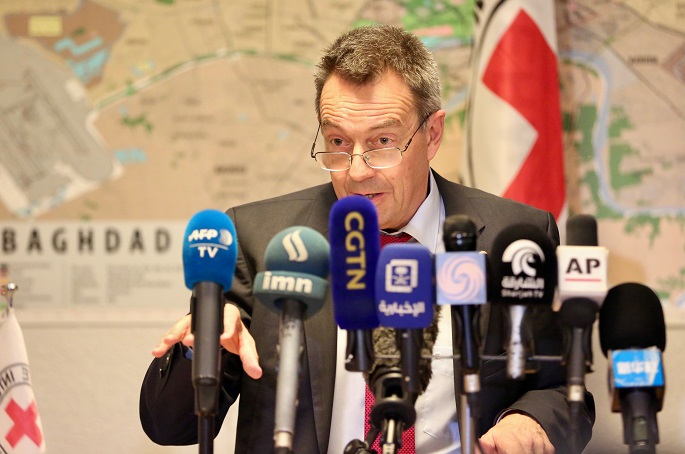World must consider how to apply Geneva Conventions: ICRC head
Published : 26 Feb 2019, 22:34
In 2019 the world needs to engage more forcefully on how to apply the Geneva Conventions in the current complex wars, International Committee of the Red Cross President Peter Maurer said Tuesday.
Maurer was making a speech on the conventions on the second day of the 40th session of the UN Human Rights Council.
"This year is the 70th anniversary of the Geneva Conventions. The Conventions were agreed in the aftermath of the Second World War, in a world that had lived through enormous horrors and never again wanted to see such harms repeated," said Maurer.
He called for better legal protection of civilians.
The world then was painfully feeling the gap in legal protection for civilians, said the ICRC head. "And so, for the first time, binding obligations to protect civilians - everyday men, women, and children - were set down in international laws."
"In 2019 we also need to engage more forcefully in difficult conversations on how to apply the law in today's complex wars," said Maurer.
Now "conflicts are increasingly protracted, fought in urban, densely populated areas; where battles are asymmetric, the distinctions between civilians and fighters difficult; but where civilians are more victimized than ever and stigmatizations omnipresent," he said.
A few weeks ago, he visited Mosul, "the site of an emblematic battle in the war in Iraq", he said, adding that physical destruction there was immense, and while not visible it was also clear that the social fabric is disintegrating.
"This is true for communities affected by conflict and violence worldwide - in Syria, South Sudan, Yemen, Myanmar and beyond. Conflict shatters communities to their core," he said.
He asked how societies can repair social divisions, which can spiral into intergenerational cycles of violence and how to wage peace, ensuring there is justice and the humane treatment of enemies.
"International humanitarian law and international human rights law hold some of the answers, and they are crystallized in the principles of impartiality, non-discrimination, inclusion, equality and in humanity, dignity, and agency," said Maurer.


